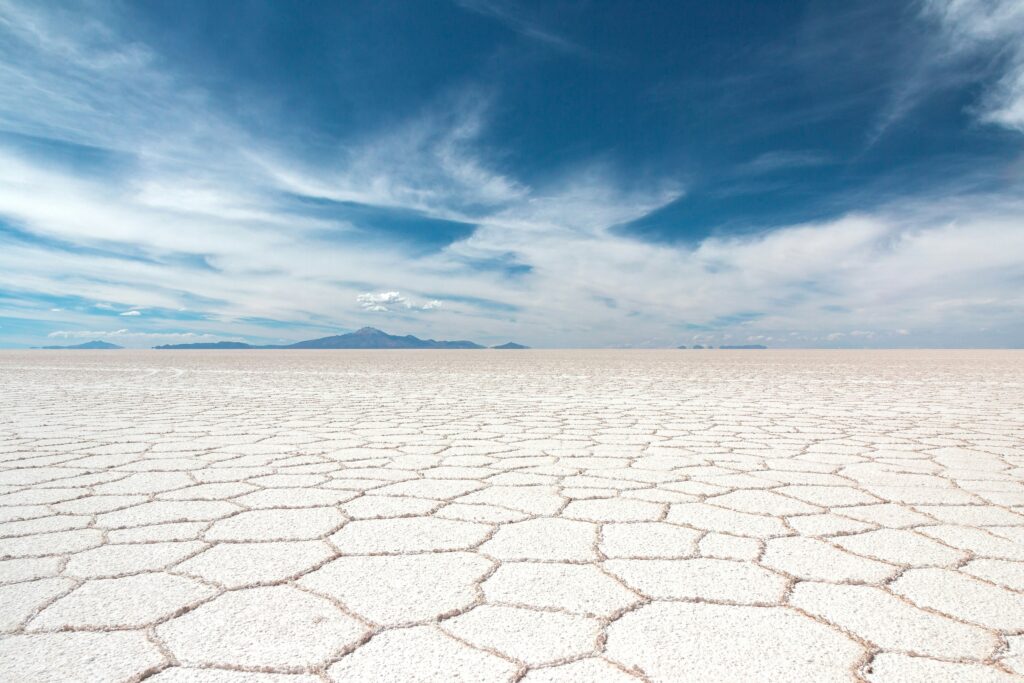
When I first arrived in Bolivia, I was overwhelmed. The sights, the sounds, the smells—everything was buzzing with life. But beyond that excitement lay the challenge of cultural barriers. I remember trying to order food and getting blank stares instead of what I expected. It was a humbling moment. If you’re planning a trip to Bolivia, being aware of these cultural differences can make all the difference. Trust me. Understanding the local customs and behaviors will enhance your experience and help you connect with the people.
This post is all about navigating cultural barriers in Bolivia. I’ll share essential tips based on my experiences to help you avoid misunderstandings and enjoy your trip fully. From language quirks to social customs, let’s break it down so you can have an authentic experience without the stress.
Language: More Than Just Words
Here’s the thing about language in Bolivia. Spanish is the official language, but there are over 30 indigenous languages. Quechua and Aymara are among the most common. While you might get by speaking Spanish, knowing a few words in Quechua or Aymara can show respect and open doors.
Learn Basic Phrases
Start with simple greetings. “Hola” (Hello) and “Gracias” (Thank you) go a long way. Try to learn “¿Cómo estás?” (How are you?) and “Por favor” (Please). If you can, pick up a few phrases in Quechua, like “Ñukaka munani” (I love you), to impress the locals.
Body Language Matters
Non-verbal cues are important too. A smile can often break the ice. Avoid crossing your arms while talking; it may come off as defensive. Open hand gestures show friendliness. Pay attention to how people communicate; mimicking their style can help you fit in.
Dining Etiquette: More Than Just the Food
Meals Are Sacred
Lunch is usually the biggest meal of the day. Expect it to be served around 1 PM. Dinner isn’t until later, usually after 8 PM. Don’t rush—savor every bite and enjoy the company. If you’re invited to someone’s home for a meal, accept graciously. It’s a sign of friendship.
Use Your Right Hand
And here’s the problem: in Bolivian culture, the left hand is considered unclean. If you’re passing food or shaking hands, always use your right hand. It may sound odd, but following this small custom can go a long way in building rapport.
Dress Code: Smart Choices Matter
Bolivia has diverse climates and cultures, so your clothing should reflect that. Urban areas are more relaxed, but it’s wise to dress modestly if you’re visiting rural regions or religious sites.
Choose Comfort and Respect
Pack layers. In the highlands, it can get chilly. In warmer areas like Santa Cruz, breathable fabrics are key. In any case, avoid overly casual outfits like shorts at religious sites. It’s better to err on the side of modesty.
Colors and Patterns
Bolivians take pride in their traditional garments. Colorful textiles are a way of life. While you don’t have to dress traditionally, wearing bright colors can show your appreciation for the culture. Just be aware that some designs are sacred—don’t wear them without understanding their significance.
Social Customs: Building Connections
In Bolivia, relationships matter. Understand that socializing often involves greeting everyone when entering a room or a gathering. It might feel overwhelming, but this is how they build a sense of community.
Greetings Matter
When meeting someone, a handshake is common. Close friends may lean in for a cheek kiss. Don’t be surprised; it’s just how they connect. If in doubt, follow the lead of locals.
Be Patient
Bolivians have a relaxed approach to time. “Mañana” (tomorrow) can mean “whenever.” This might test your patience, especially if you’re used to a fast-paced life. Just breathe and take it as part of the experience.
Be Open and Respectful
At the end of the day, respect is key. Bolivia has a rich and complex culture. Don’t impose your own beliefs or customs. Instead, look to learn. Engage in conversations, ask questions, and listen more than you speak.
Ask Before Taking Photos
If you want to capture a moment, ask first. Some people may not feel comfortable, and that’s okay. Respect their wishes. If they agree, offer a kind smile in return.
Conclusion: Embrace the Experience
Traveling in Bolivia is a journey of discovery, not just of places but of people and cultures. Understanding local customs and practices can turn a good trip into a great one. You’ll create memories that go beyond tourist attractions.
So, gear up with these tips and embrace the experience. You’ll be better prepared to navigate the cultural barriers and appreciate the beautiful tapestry of Bolivia. Happy travels!
Related: For more on cultural tips specific to Bolivia and its regions, check out this helpful guide.
**Related Reading:** – [Related: How to Plan a Solo Trip on a Budget] – [Related: Top Destinations for First-Time Solo Travelers] **#SoloTravel #Navigating #Cultural #Barriers #Bolivia #Essential #Tips #International #Travelers**
